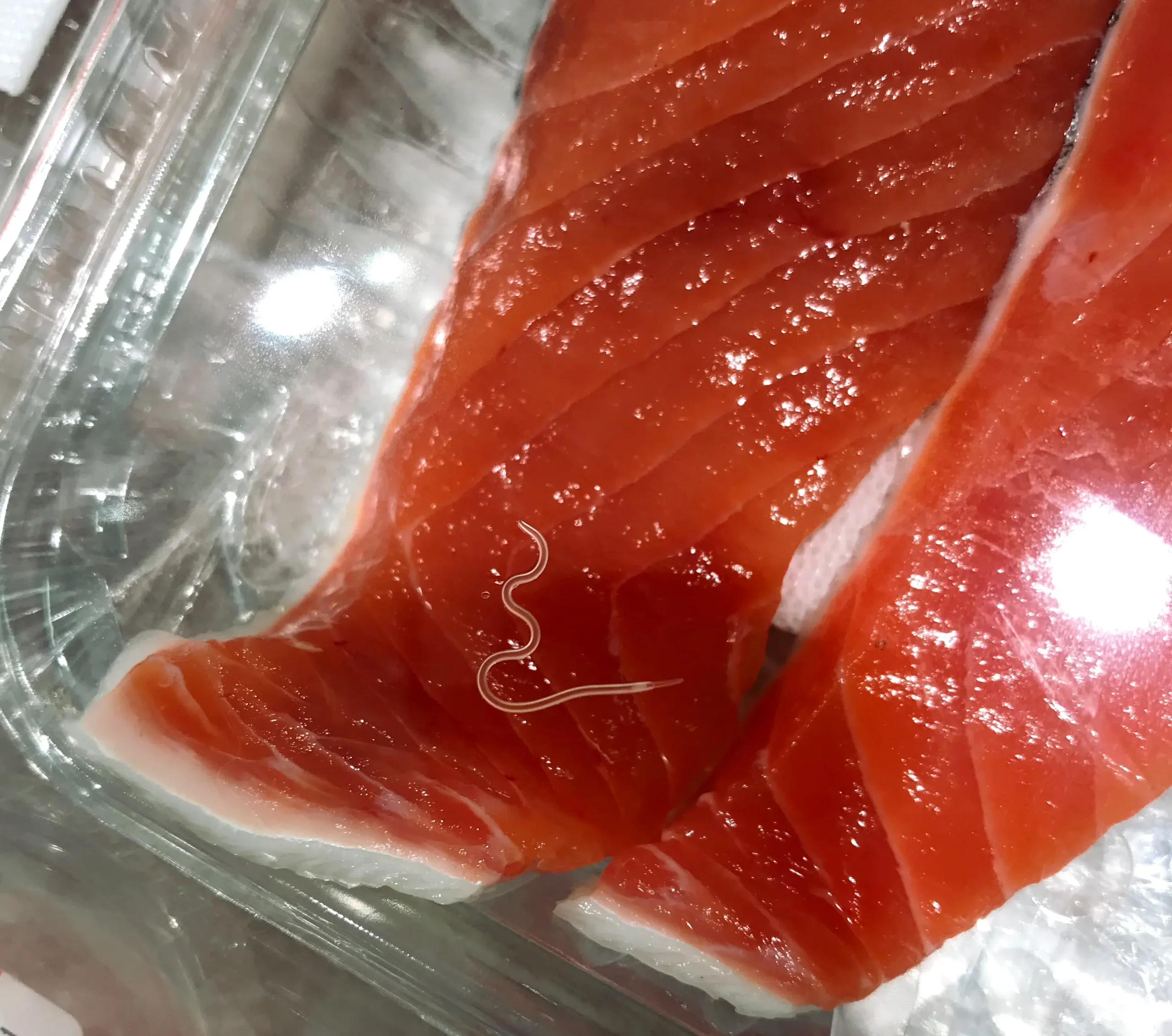Smoked salmon is a popular delicacy enjoyed by many around the world. However, some individuals may experience allergic reactions when consuming smoked salmon. In this article, we will explore the causes, symptoms, and management of being allergic to smoked salmon.

Causes of Allergy to Smoked Salmon
When it comes to fish allergies, the main culprit is a protein called parvalbumin. This protein is found in the muscle of fish and is responsible for triggering allergic reactions. Smoked salmon, like other fish, contains parvalbumin, which can cause an allergic response in sensitive individuals. It's important to note that parvalbumin is heat-stable, meaning that even smoking or cooking the fish does not destroy the allergen.
Symptoms of Allergy to Smoked Salmon
Allergic reactions to smoked salmon can vary in severity, ranging from mild to life-threatening. The symptoms experienced by individuals allergic to smoked salmon may include:

- Irritation and itching in the mouth and throat
- Nausea, vomiting, and stomach ache
- Diarrhea
- Hives or nettle rash
- Swelling under the skin (angioedema)
- Itching and reddening of the skin
- Worsening of eczema
- Asthma symptoms such as wheezing, breathlessness, and coughing
- Hay fever symptoms like itchy nose and eyes, sneezing, and runny nose
- Swelling of the airways
- Potentially fatal episodes of allergic shock
It's important to note that spoiled fish can contain histamine, which can cause symptoms similar to an allergic reaction. This is not a true allergic response but rather a form of poisoning.

While smoked salmon may be the focus of this article, it's worth mentioning that fish allergies can extend beyond just one type of fish. Cross-reactions can occur between various fish species due to the similarity of the allergenic protein parvalbumin. Common fish species known to cause allergies include cod, hake, mackerel, tuna, perch, salmon, trout, plaice, sole, herring, anchovy, sardine, carp, catfish, and eel. Some individuals with an allergy to one fish species may also be allergic to others due to this cross-reactivity.
It's important to differentiate fish allergies from shellfish allergies, as cross-reactivity between fish and shellfish is irrelevant. Individuals allergic to fish can still tolerate shellfish, although it is possible to develop allergies to both independently. Additionally, fish roe (caviar) has been reported to cause food allergies, but it is not directly related to allergies to the fish from which the eggs originate.
Interestingly, some individuals with fish allergies may also experience allergic reactions to frog legs due to cross-reactivity with parvalbumin.
Diagnosis and Management of Allergy to Smoked Salmon
If you suspect you have an allergy to smoked salmon or fish in general, it's important to seek a proper diagnosis from a medical professional. Skin prick testing and serum IgE testing can provide indications of an IgE-mediated fish allergy. However, these tests may yield false-positive or false-negative results, so a definitive diagnosis may require elimination and re-introduction protocols or controlled fish challenge procedures.
Once diagnosed, the best way to manage an allergy to smoked salmon is strict avoidance of all forms of fish and food containing fish-derived ingredients. Care must be taken when reading labels on processed foods, as fish or fish-derived ingredients may be included in various products. It's also important to be cautious when eating away from home, as cross-contamination can occur in restaurants and other food establishments.

If accidental consumption of fish occurs, individuals with fish allergies may experience allergic reactions. It is advisable to carry emergency medication, such as an epinephrine auto-injector, for immediate treatment in case of a severe allergic reaction.
While smoked salmon is a delicious and popular food item, it can cause allergic reactions in sensitive individuals. The main allergen in fish, parvalbumin, is present in smoked salmon and can trigger a range of symptoms, from mild irritation to severe anaphylaxis. Proper diagnosis and strict avoidance of fish and fish-derived ingredients are the key to managing this allergy. By being vigilant and taking necessary precautions, individuals with an allergy to smoked salmon can continue to enjoy a safe and healthy diet.
If you want to know other articles similar to Allergic to smoked salmon: causes, symptoms, & management you can visit the Food allergies category.


Related Articles